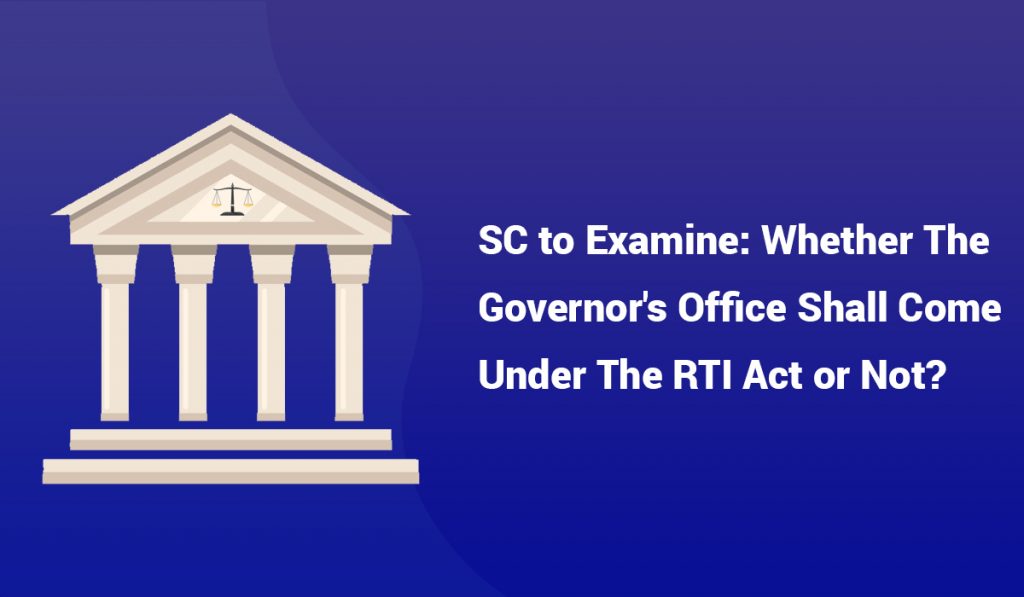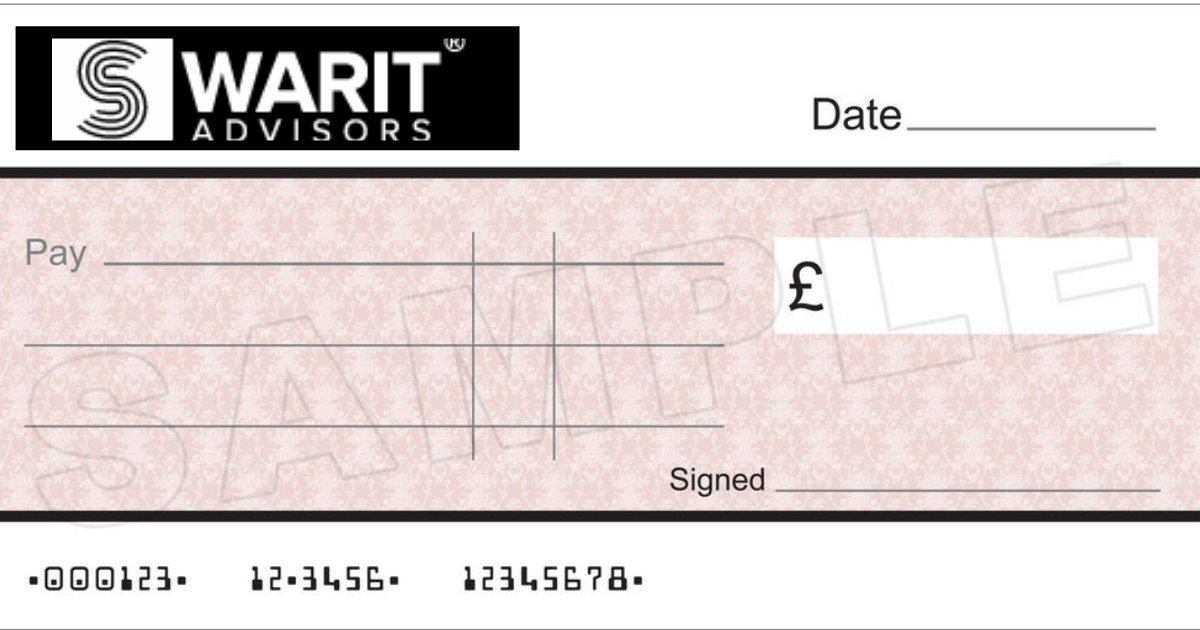SC to Examine: Whether the Governor’s Office shall come under the RTI Act or not?

Khushboo Priya | Updated: Feb 19, 2019 | Category: Legal
Supreme Court says that nobody should have anything to hide in the country, not even the Chief Justice of India. It has remained just a question- Whether the Governor’s office shall come under the RTI Act or not? Many petitions, against the transfer petition(s) (Civil) No(s). 151/2019, have been filed till now. Still, it remains unresolved.
It has remained just a question- Whether the Governor’s office shall come under the RTI Act or not? Many petitions, against the transfer petition(s) (Civil) No(s). 151/2019, have been filed till now. Still, it remains unresolved.
Recently, the case has taken a new turn and, now, the Honourable Supreme Court (SC) has taken this case in its hands. But before we jump directly on to the latest ongoing situation of this case, it’s crucial to the RTI and RTI Act and their significances. Let’s get started-
Table of Contents
What is RTI and RTI Act?
RTI Act is an act which provides for intending the practical regime of the right to information to citizens of India. It’s an act of Parliament of India and replaces the former Freedom of Information Act, 2002. The law came into force on 12th October 2005.
RTI is the fundamental rights given to every citizen of India and stands for Right to Information. RTI allows every citizen of India to request information from a public authority. The public authority is a government body or instrumentality of the state which is liable for replying to the public’s query in the earliest time or within thirty days.
Furthermore, the Right to Information Act also demands every public authority to keep their records computerized. The reason for computerized data is to ensure that the citizens need minimum support to request for information formally and for wide distribution.
Since we are now completely aware of the act, we can move on to the actual subject. Let’s encounter the facts regarding the case.
Transfer Petition(s) Civil No(s). 151/2019
Before we start with the concerned transfer petition, let’s understand what a transfer petition is.
A transfer petition is the process of transferring a case in the situations where the petitioner is not satisfied either with the judgement of any court or court may transfer the case on its own discretion at any stage of the trial.
Case:
In 2007, the Chief Information Commissioner, Goa Information Commission issued a direction to the Secretary of Goa Governor to provide information under RTI about the political situations in Goa during the period of July 24 to August 14, 2007. The Governor’s office took this case to the Bombay High Court (HC) and filed a petition against the same. The bench remarked that the office of high constitutional authorities such as governor must be brought under the extent of RTI. There shouldn’t be anything to hide. However, the High Court stayed the order of the Information Commission.
Because the case remained unsolved, the Governor’s office approached the Supreme Court seeking transfer of the concerned case. Again, in 2011, a petition with the same question was filed in the Supreme Court (Public Information Officer vs. Manohar Parikkar) that too in Goa only. Considering the petition, the SC came up with the following questions:
- Is the Governor a “public authority” as defined in Section 2(h) of the RTI Act, 2005?
- Whether because of being covered in the meaning of “competent authority” the Governor holds excluded from the definition of “public authority” of the RTI Act?
- In case the Governor sovereign or being sovereign, no direction is supposed to be issued to the Governor for the disclosure of any information or detail under the RTI Act.
- What is the scope of privilege held by the Governor under Article 361 of the Constitution of India?
- Can, in case of such immunity or privilege, no direction and order be issued and passed under the RTI Act, which has the force of compelling the government to unveil any information under the RTI Act?
- Whether the information that the public or any individual is seeking is excluded from disclosure under Section 8 (1) (e) of the RTI Act?
This order was passed by a three-Judge Bench of this Court according to which the above questions require consideration.
On 1st March 2012, the learned Attorney General for India was asked to assist the Court, as the important questions regarding the interpretation of the Constitution have been raised.
Since the case wasn’t resolved and remained pending every time it was filed by the petitioners, they request that the case must be taken care of by the Supreme Court. Hence, now, the Supreme Court will take complete in-charge of the case. Although the final judgement is pending, SC has declared that every pending application and earlier petition filed will stay disposed of.
Final Words
From the above discussion, one can conclude that every Indian citizen is entitled to request any information regarding the country’s assets, etc. from the public authority. In case of no response from the authority, the governing body would be held responsible and subject to penalty.
If we talk about the pending transfer petition, the case is in the hands of Supreme Court now. All the earlier petition filed is currently disposed of now, in terms of the signed order. Furthermore, if any application is pending, then it too stands disposed of. The final decision is still pending. Let’s see what decisions will the Supreme Court come with.
For more queries regarding the transfer petition on whether the Governor’s office shall come under the RTI Act or not, follow and contact Swarit Advisors. Follow us and be updated with the latest updates.
Also, Read:How to file RTI application Online?














